Level of Difficulty of Organic Chemistry
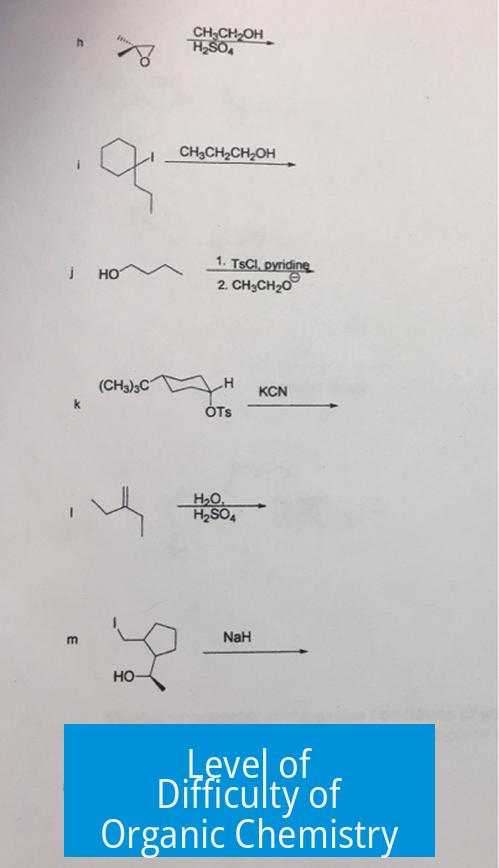
Organic chemistry ranks as a challenging course, often viewed as harder than general chemistry but not necessarily the hardest in college. Its difficulty lies mainly in mastering concepts rather than simply learning them.
Comparison to Other Chemistry Courses
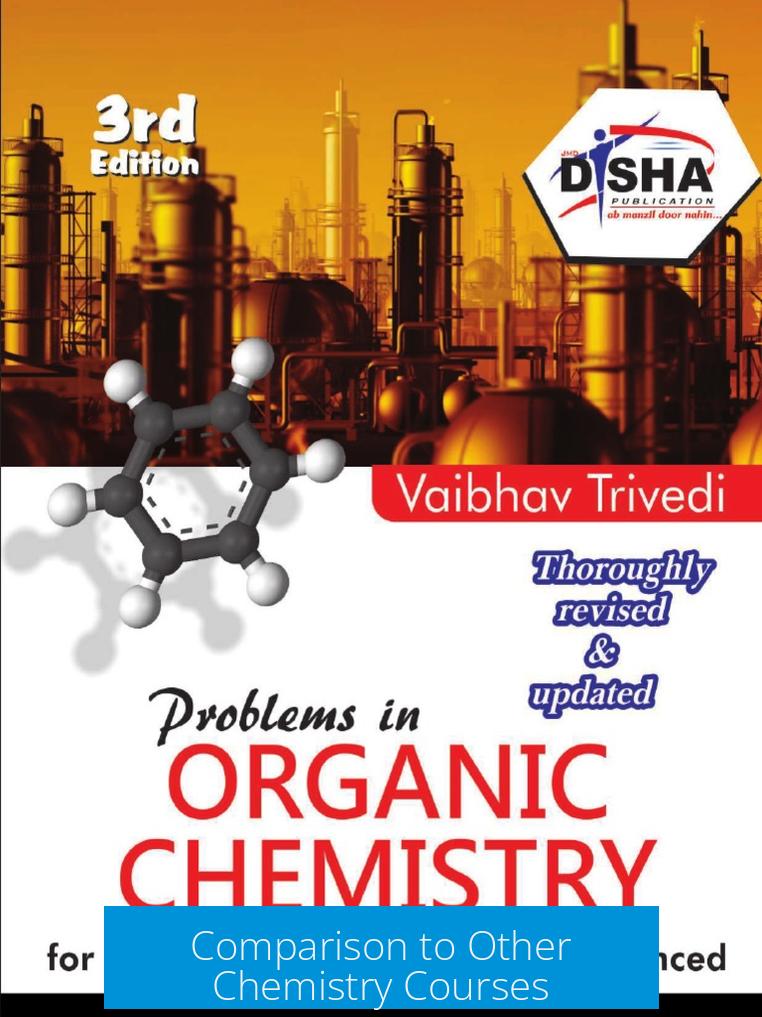
Organic chemistry differs considerably from general or physical chemistry. Those used to general chemistry often find organic chemistry a shock due to its unique nature.
- Physical chemistry is generally considered harder by many chemistry majors.
- Organic chemistry concepts click more naturally for some, but the subject does not feature the most advanced ideas.
- The course is neither the easiest nor the hardest but has distinct challenges.
Learning Versus Mastering Organic Chemistry
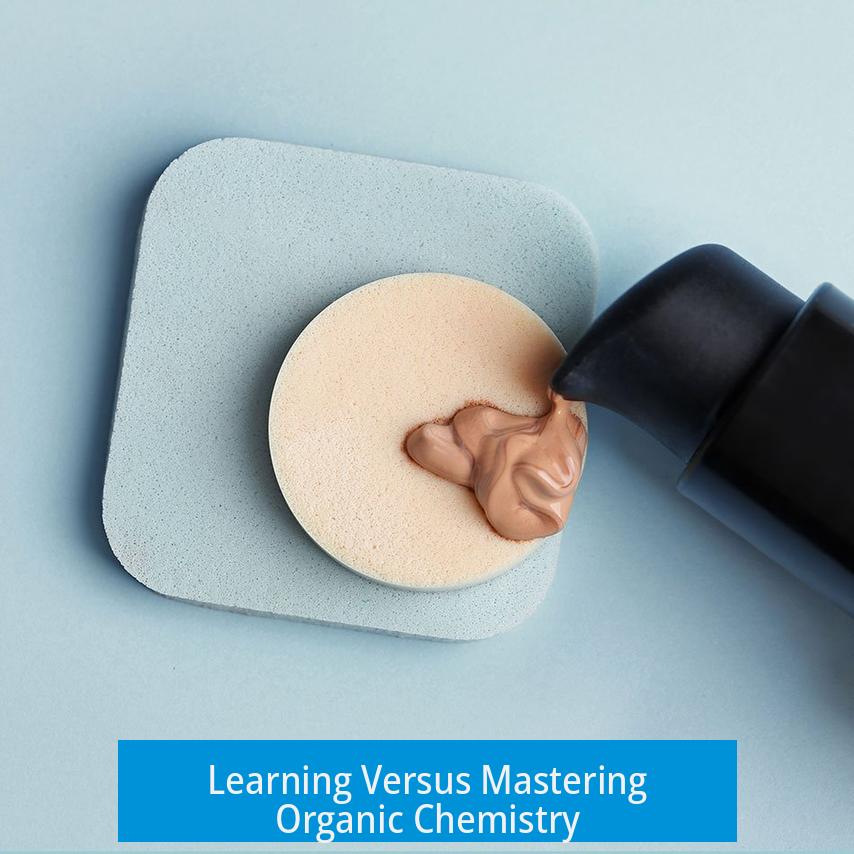
Many students find organic chemistry hard to master rather than learn.
- Cramming is ineffective; the brain requires time to integrate organic chemistry concepts.
- Consistent practice and understanding are essential for success.
- The course demands building new cognitive connections, beyond memorization.
Nature of Organic Chemistry and Teaching Challenges
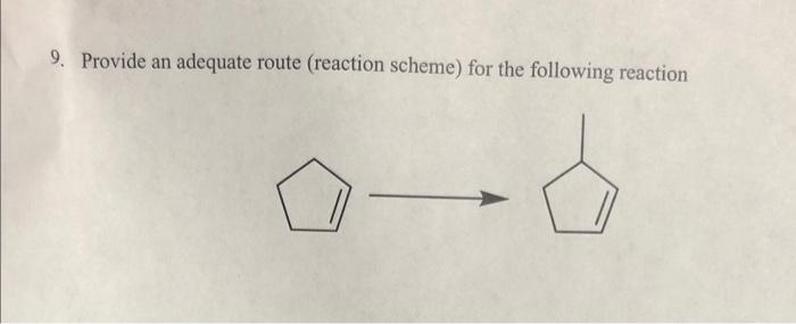
Organic chemistry’s complexity partly comes from its teaching methods and content structure.
- Unlike math or physics, it lacks simple rules at the start.
- Students must memorize a large set of reactions and select appropriate ones for synthesis problems.
- It combines conceptual understanding with memorization, unlike purely factual or purely mathematical subjects.
Hostile teaching approaches can make the subject feel backwards at times, which contributes to difficulty.

Concept Complexity and Pedagogy
Organic chemistry blends biological and physical sciences elements.
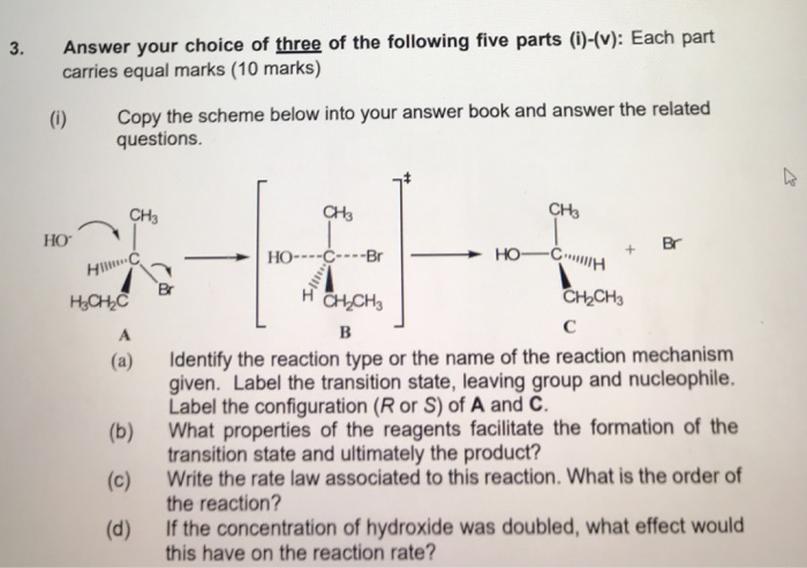
- Requires understanding electrophilicity, pKa, and reaction mechanisms.
- Memorization exists but must be logical, not rote.
- Reagent choices follow patterns, not arbitrary rules.
- Some learners find it intuitive due to its conceptual nature; others struggle.
Recommended Learning Approach
Practical work is critical in organic chemistry success.
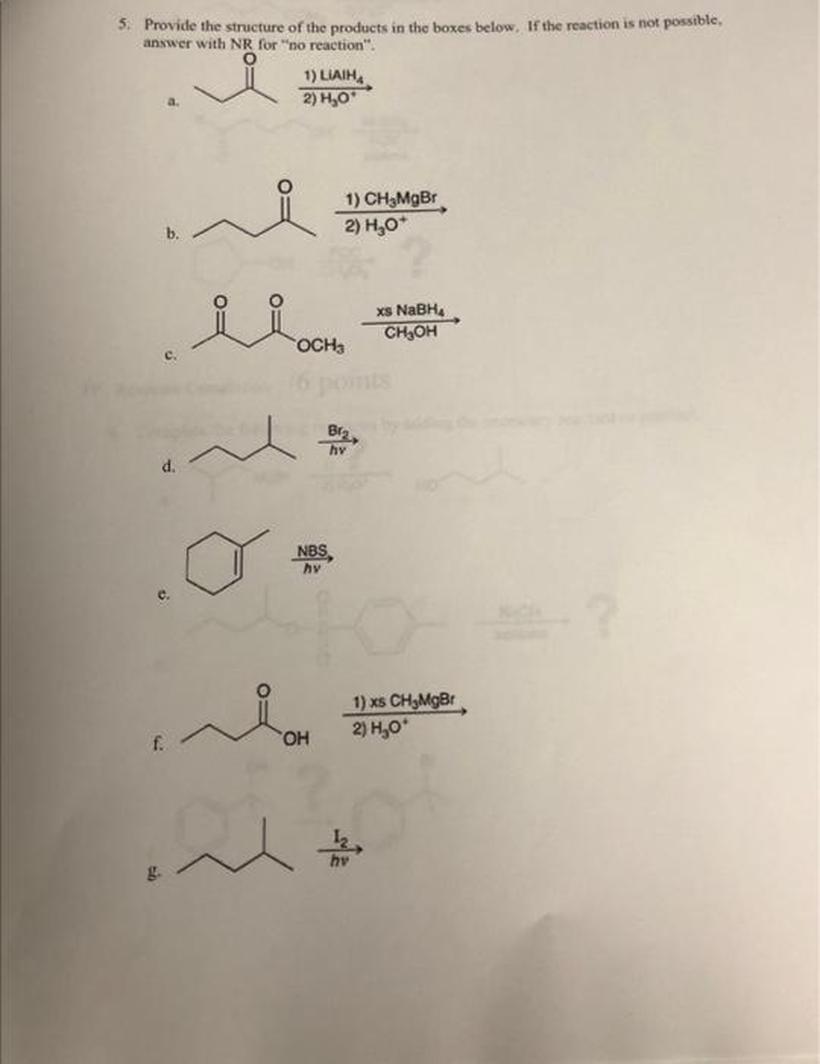
- Solve every practice problem available.
- Check solutions carefully to understand mistakes.
- Avoid rote memorization; focus on reasoning and application.
- Reasoning skills are especially vital for students in applied fields like pharmacology.
Foundational Knowledge Needed
Success requires a strong background in several areas.
| Key Topics | Importance in Organic Chemistry |
|---|---|
| Acid-Base Chemistry | Foundation for understanding polar reactions. |
| Thermodynamics | Helps predict reaction spontaneity. |
| Kinetics (Transition States) | Critical for understanding reaction rates. |
| Molecular Orbitals | Vital for stereochemistry and reaction mechanisms. |
Understanding spectroscopy fundamentals aids in interpreting data without getting lost in details.
Required Skillset Beyond Memorization
Spatial reasoning is necessary for grasping molecular shapes and reactions.
- Using molecular model kits improves spatial understanding.
- Familiarity with electronegativity and bond reactivity guides problem-solving.
Advanced Topics and Challenges
Organic synthesis is one of the most difficult subjects, requiring creation of complex molecules stepwise.
- Organic II and advanced courses focus on these synthetic methods.
- Many students quit before reaching this stage due to perceived difficulty.
- Developing an intuitive “feeling” for reactions is essential.
Student Experiences
Student reactions vary widely depending on background and interest.
- Highly mathematical students tend to perform better in organic chemistry.
- Some find organic chemistry dull due to heavy memorization of reaction conditions.
- Many consider it the hardest course they have taken.
- Others pursuing organic chemistry at graduate levels find it rewarding and engaging.
Why Organic Chemistry is Hard
- Requires mastering a vast amount of information logically.
- Memorization alone is insufficient.
- Needs active reasoning and lots of practice.
- Difficulty varies based on learner type and teaching quality.
Key Takeaways
- Organic chemistry is challenging mostly due to conceptual integration and mastery demands.
- Prior knowledge in acid-base chemistry, thermodynamics, kinetics, and molecular orbitals is essential.
- Effective learning depends on practice, reasoning, and avoiding rote memorization.
- Spatial reasoning skills significantly support understanding molecular interactions.
- Difficulty perception varies; some find it intuitive while others struggle substantially.
How Difficult Is Organic Chemistry, Really?
Organic chemistry is often considered a tough nut to crack, but it’s not the worst chemistry class out there. It requires time, effort, and a particular learning style to master, but it’s far from impossible. So if you’re on the fence wondering how hard this subject is, buckle up—let’s dive into what truly makes organic chemistry tick.
First off, rival courses like Physical Chemistry usually take the crown for difficulty according to many students. One chemistry major famously declared, “If you think Organic Chemistry is hard, just wait for Physical Chemistry. That is just awful.” This gives some relief right away: organic chemistry is challenging, yes, but it might not be the ultimate nightmare.
The Organic Chemistry Learning Curve
Getting a grip on organic chemistry is a bit like learning a new language. If you’ve breezed through general chemistry thinking you’re set, organic chemistry feels like stepping into another realm. It’s a shock because the rules are different, and it asks for new skills.
One of the first surprises is that you can’t just cram. Forget pulling an all-nighter before the exam thinking you’ll memorize reaction after reaction. Extensive repetition—and more importantly, genuine understanding—are your allies. Why? Because your brain needs time to form connections between all the reactions and concepts.
“It’s not hard to learn but difficult to master,” sums up a key distinction. You might learn the basics fairly quickly. Yet, climbing to mastery means tackling endless practice problems and synthesizing knowledge into flexible reasoning skills.
Why Does Organic Chemistry Feel So Backward?
Many students feel organic chemistry is taught in a confusing way. Unlike math or physics, which start with clear fundamental laws, organic chemistry asks you to memorize a vast catalog of reactions upfront. This feels “backwards” since you don’t start with simple rules and build up — you dive into a sea of complicated reactions and have to pick the right ones like a jigsaw puzzle.
This lack of straightforward ground rules can cause brain overload. Unlike general chemistry, where you can lean on neat formulas and periodic trends, organic requires logical application of concepts like electrophilicity, pKa, and orbital interactions.
Thankfully, these concepts offer a foothold. They create a framework so you’re not just memorizing blindly but understanding why certain reactions occur.
Memorization vs Conceptual Thinking
A major challenge in organic chemistry is the hybrid learning process it demands. Part of it feels like biology: lots of terms, structures, and names. Part of it is like physics: underlying principles and spatial reasoning matter.
Some students mistakenly try to rely solely on rote memorization. Here’s the kicker: that approach fails miserably. You absolutely must memorize key reactions, but with logic, not repetition. Every reaction you learn has a reason behind it, and the choice of reagents is deliberate, not random.
A student-friendly mantra: “Don’t memorize, reason.” Organic chemistry rewards those who think critically and logically rather than those who brute-force drill flashcards.
The Brain’s Need for Time and Practice
Success is about time and practice. The central recommendation from many seasoned organic chemists is this: do every practice problem you can find. Couple that with reviewing solutions to understand where you went right or wrong. This method ingrains your knowledge and reveals the pattern behind the chaos.
Trying to muscle through without reinforcing what you learn is like trying to build a house with loose bricks.
Building On a Strong Foundation
Before starting organic chemistry, make sure you grasp basics like acid-base chemistry, kinetics, thermodynamics, and molecular orbitals. These aren’t optional extras; they’re the bedrock of all organic reactions.
- Acid-base chemistry explains polar reactions, which dominate organic chemistry.
- Knowing molecular orbitals helps with understanding stereochemistry—the 3D shape of molecules crucial for reaction pathways.
- Kinetics and thermodynamics reveal why reactions happen, and at what speed.
Neglecting these foundational topics is like trying to learn to swim without ever getting in the water.
Spatial Reasoning: The Unsung Hero
Another skill organic chemistry demands is spatial reasoning. Why? Because molecules exist in 3D, and tiny shifts in how atoms are arranged can change whether a reaction works or not. Struggling to visualize molecules and their movements can make organic chemistry a nightmare.
Pro tip: get a molecular model kit and start playing around. Physically manipulating models helps convert abstract diagrams into concrete understanding.
The Role of Practice and Persistence
Organic chemistry is unforgiving if you expect to do well by cramming or memorizing only. Many students, especially those used to memorizing in subjects like anatomy, find organic chemistry unique because logic, application, and concept mastery reign.
Visit every practice problem like a mental workout. This isn’t a drill; it’s a fundamental part of embedding new information. Over time, your brain will build connections that allow you to solve complex synthesis problems and predict reaction outcomes without panic.
Advanced Organic Chemistry and Synthesis
Interestingly, many students drop out or avoid advanced organic chemistry courses, even though those classes actually make organic chemistry more enjoyable. This is because advanced courses focus on understanding how and why reactions occur, not just memorizing them.
For example, organic synthesis—the art of building complex molecules from simple building blocks—is considered the pinnacle of organic chemistry challenges. It tests all your knowledge and reasoning skills.
Sadly, by advanced courses, many have already left the field, intimidated by earlier struggles. The ones who stay often find organic chemistry truly “exciting.” They discover the beautiful logic behind reactions.
Student Perspectives: It Varies
Interestingly, students who excel in math often do well in organic chemistry. The conceptual and logical nature of the work appeals to them. Yet others find it tough due to heavy memorization demands or the sheer volume of information.
One student puts it bluntly: “It’s the hardest class I’ve ever taken (especially the honors version!),” while another says, “I never thought organic was hard even before I realized how much I love it.”
So, the difficulty depends on who you are, how you learn, and how much effort you put in.
Why Organic Chemistry Is Hard—and How to Beat It
| Reason for Difficulty | How to Overcome |
|---|---|
| Huge amount of material and reactions | Practice every problem; build understanding over time |
| Lack of simple initial rules | Focus on fundamental concepts: electrophilicity, acid-base, orbitals |
| Need for spatial reasoning | Use model kits; visualize molecules in 3D |
| Misguided memorization attempts | Reason out reactions scientifically instead of rote learning |
| Intense conceptual integration needed | Allow time for neural connections; space out learning sessions |
Final Thoughts: Is Organic Chemistry Worth the Trouble?
Absolutely. It’s a demanding subject that builds critical thinking, problem-solving, and reasoning skills unlike many other courses. For those who stick with it, organic chemistry unlocks a fascinating universe of molecules, complex reactions, and real-world applications.
Whether you find it naturally intuitive or initially perplexing, remember that the effort you put in matters more than innate talent. The frustration you feel is a sign you’re learning – and that’s a good thing.
So, next time you wonder about the level of difficulty of organic chemistry, know this: it challenges you more than most classes, but the payoff in knowledge and skill is great. With patience, perseverance, and the right approach, organic chemistry is not a monstrous hurdle. It’s a rewarding journey.
Q1: Why do many students find organic chemistry harder than general chemistry?
Organic chemistry is different from general chemistry. It requires understanding many reactions and concepts without simple initial rules. Students face a shift in thinking, moving from basic rules to a large, complex set of reactions.
Q2: Is organic chemistry more about memorization or understanding?
It requires both but focuses more on understanding. Rote memorization won’t help. Students must know why reactions happen and the logic behind reagent choices to solve problems effectively.
Q3: What foundational topics are crucial before starting organic chemistry?
- Acid-base chemistry
- Thermodynamics
- Kinetics, especially transition states
- Molecular orbitals
Without these, students often struggle and may find the class overwhelming.
Q4: How does spatial reasoning affect success in organic chemistry?
Spatial reasoning helps in visualizing molecules and reactions in 3D. Using model kits can improve this skill and is essential for understanding stereochemistry and reaction pathways.
Q5: Why is organic chemistry mastering said to be difficult even if learning the basics isn’t?
Mastery demands time and practice to integrate knowledge. Cramming is ineffective. The brain builds new neural connections over time, so steady problem-solving practice is key.
Q6: What makes advanced organic chemistry courses more challenging?
Advanced courses focus on synthesis—constructing complex molecules through many steps. This requires deep understanding, creativity, and the ability to apply knowledge to unfamiliar problems.


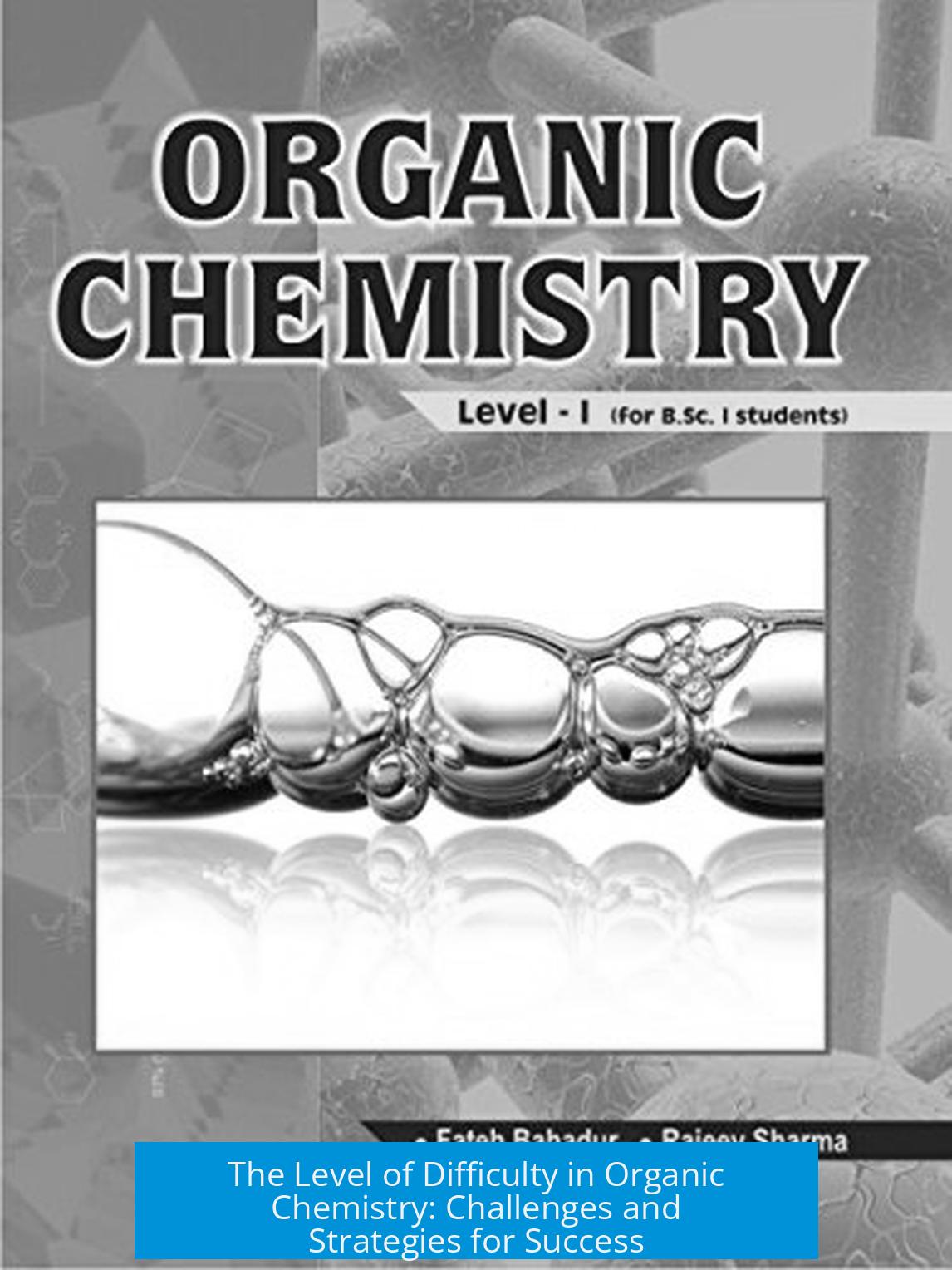
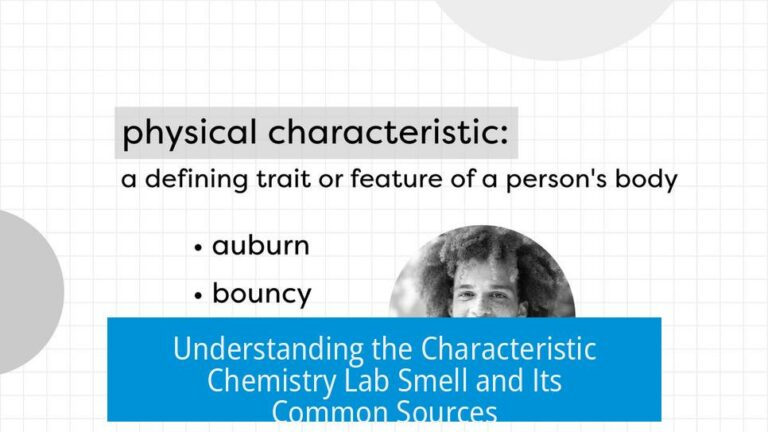
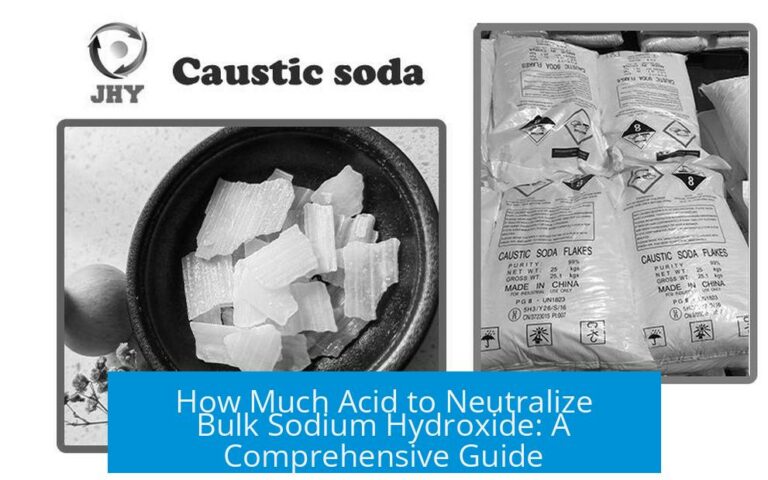
Leave a Comment